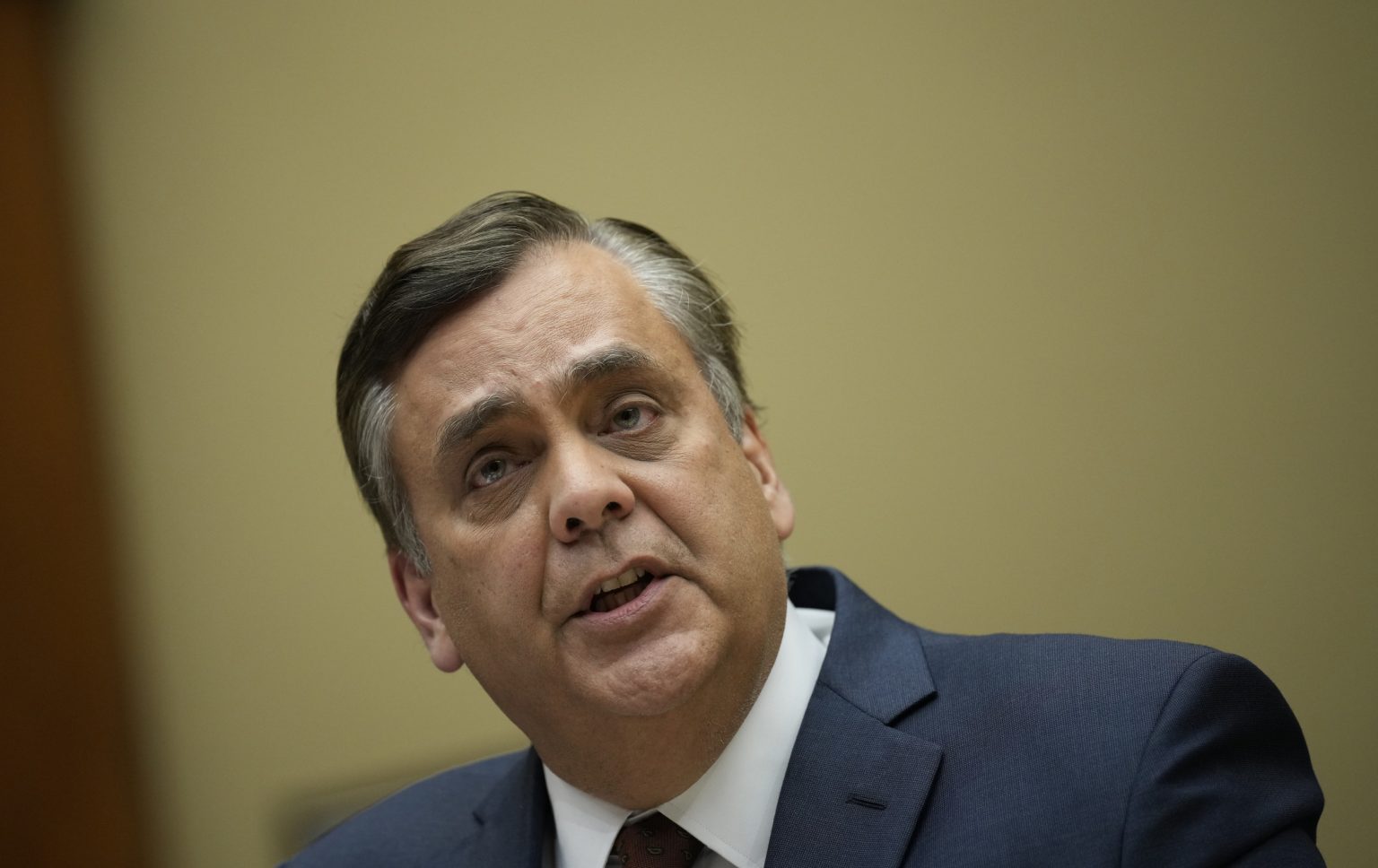Attorney Jonathan Turley believes that the prosecution of Donald Trump by Manhattan District Attorney Alvin Bragg in the hush money case is based on weak grounds. Trump is accused of falsifying business records in relation to hush money payments made to adult film star Stormy Daniels during his 2016 presidential campaign. The case alleges that Trump’s former lawyer, Michael Cohen, paid Daniels $130,000 to keep her quiet about an alleged affair with Trump in 2006, which the former president denies. Trump has pleaded not guilty to all counts and claims the case is politically motivated.
Turley’s main focus in discrediting the case revolves around Trump’s former lawyer Michael Cohen, who has been the star witness for Bragg. Cohen has a history of legal troubles, including lying to Congress in a separate case in 2018. Turley argues that other witnesses who have testified in court, such as David Pecker, former owner of the National Enquirer, Daniels’ former lawyer Keith Davidson, and former Trump aide Hope Hicks, have contradicted the basis for the prosecution. These witnesses have provided testimony that may undermine Cohen’s credibility and the case against Trump.
According to Turley, David Pecker’s testimony in court revealed that he had killed negative stories for multiple celebrities, not just Trump. Pecker had informed Trump about potentially negative stories for over a decade before he ran for office, indicating a longstanding familiarity with handling such situations. Pecker also expressed that his considerations were more focused on the impact on Trump’s campaign or election, rather than personal concerns about his family, as portrayed by other witnesses like Hicks.
Keith Davidson, Daniel’s former lawyer, referred to the hush money deal not as a payoff or hush money, but as consideration in a civil Settlement Agreement. This framing of the agreement could potentially affect the legal interpretation of the payments made to Daniels. Additionally, testimony from Hicks portrayed Trump as a family man who sought to protect his family from any political embarrassments. However, Pecker’s testimony suggested that Trump was more concerned about the impact on his campaign, rather than his family’s perception.
Turley also highlighted the fact that non-disclosure agreements (NDAs) are commonly used by celebrities to handle negative press and avoid public scandals. Pecker acknowledged the practice of using NDAs to manage stories dating back over a decade with Trump. Turley emphasized that the key issue lies in whether the payments made to Daniels were intended to hide a crime or simply as a means of mitigating potential negative publicity. The complexities surrounding the case and the conflicting testimonies of witnesses have created uncertainty about the true motivations behind the hush money payments and Trump’s involvement.
Overall, Turley’s analysis questions the validity of the prosecution’s case against Trump, suggesting that the witnesses’ testimonies may not fully support the allegations made by the Manhattan District Attorney. The ongoing legal proceedings will likely continue to unfold, and the outcome of the case remains uncertain. As Trump faces multiple charges in connection with the hush money payments, the complexities of the case and the credibility of witnesses will play a crucial role in determining the legal implications for the former president.


